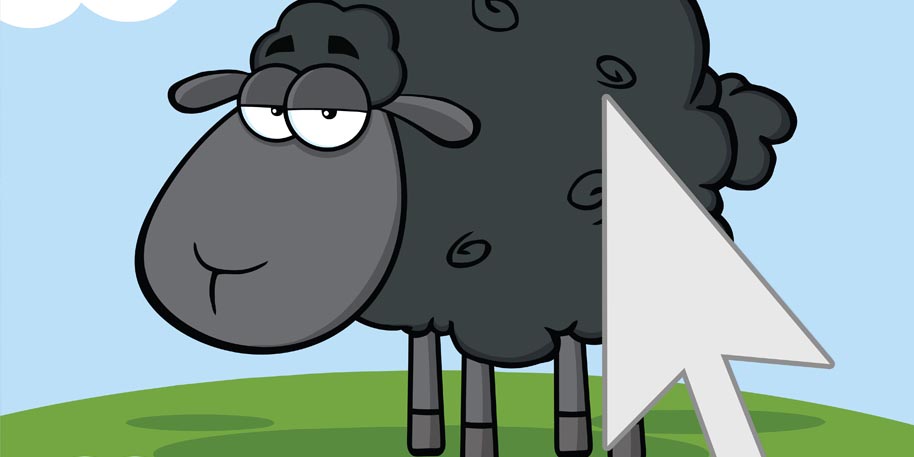The farming industry must embrace the use of precision agriculture and harness the emerging Internet of Things (IoT), if it is to feed the 9.6 billion global population expected by 2050, says Therese Cory, senior analyst at Beecham Research and one of the authors of a new report launched recently, called ‘Towards Smart Farming’. The report explores how machine-to-machine technologies and the IoT are contributing to the transformation of agriculture to improve productivity, quality and quantity.
‘The demand for more food has to be set against the challenges of arising climate change and more extreme weather conditions along with the environmental impact resulting from intensive farming practices,” says Corey.
In the immediate term, the Beecham Research report says that smart farming will allow farmers and growers to improve productivity and reduce waste, ranging from the quantity of fertiliser used to the number of journeys made by farm vehicles. For crop farming, smart farming means preparing the soil, planting and harvesting at precisely the best time; while for livestock farming it includes monitoring the condition of animals to provide the right type of intervention at the right time.
In the longer term, smart farming will allow farmers and other stakeholders to better understand the wider conditions that lead to variabilities. Embedding intelligence into the design and operation of machines will allow sensor information to be combined with other data and the knowledge of the farmer.
“The ecosystem of suppliers and stakeholders is very complex,” continues Therese Cory: “It ranges from large manufacturers of heavy agricultural vehicles to suppliers of M2M technologies and IT based decision support systems, along with providers of expertise in all areas of farming. Partnerships are key to forging a successful supply chain.”
While the use of M2M technology in farming is still in its infancy, the notion of a ‘connected farm’ is coming closer, connecting real time farming processes with a raft of historical data such as weather events, climate, economics, product information and machine settings, for example. Cory adds, “We also anticipate that the use of smart farming will spread to adjunct areas, such as environmental monitoring, land management and food traceability. This is a consequence of the greater public focus on issues such as food safety, wildlife preservation and rural areas development.”
“In Europe, the move towards smart farming is being encouraged through various projects and programmes funded by public and private money. These include EU initiatives and projects at a national level,” says Saverio Romeo, principal analyst at Beecham Research and joint author of the new report. “While the M2M agricultural sector is still emerging, M2M and IoT technologies will be key enablers for transforming the agricultural sector and creating the smart farming vision.”
The interest in IoT is already strong from agricultural machinery vendors such as John Deere, Claas and CNH Global, while there is also considerable attention on data and farm management systems from a variety of players including agri-food giants such as Monsanto. Saverio Romeo says: “The US market is leading the way in smart farming, particularly in areas such as arable farming. Europe is increasingly looking into small-sized field farming, precision livestock farming and smart fish farming; and this trend will soon expand into other important agricultural economies.”
Saverio concludes: “In terms of time scale, the next two years will be exploratory for smart farming, but the pace of change will intensify from 2017 to 2020. While the M2M/IoT industries will not see the light from the agricultural sector immediately, they need to be prepared, because it will be soon strong and bright.”




